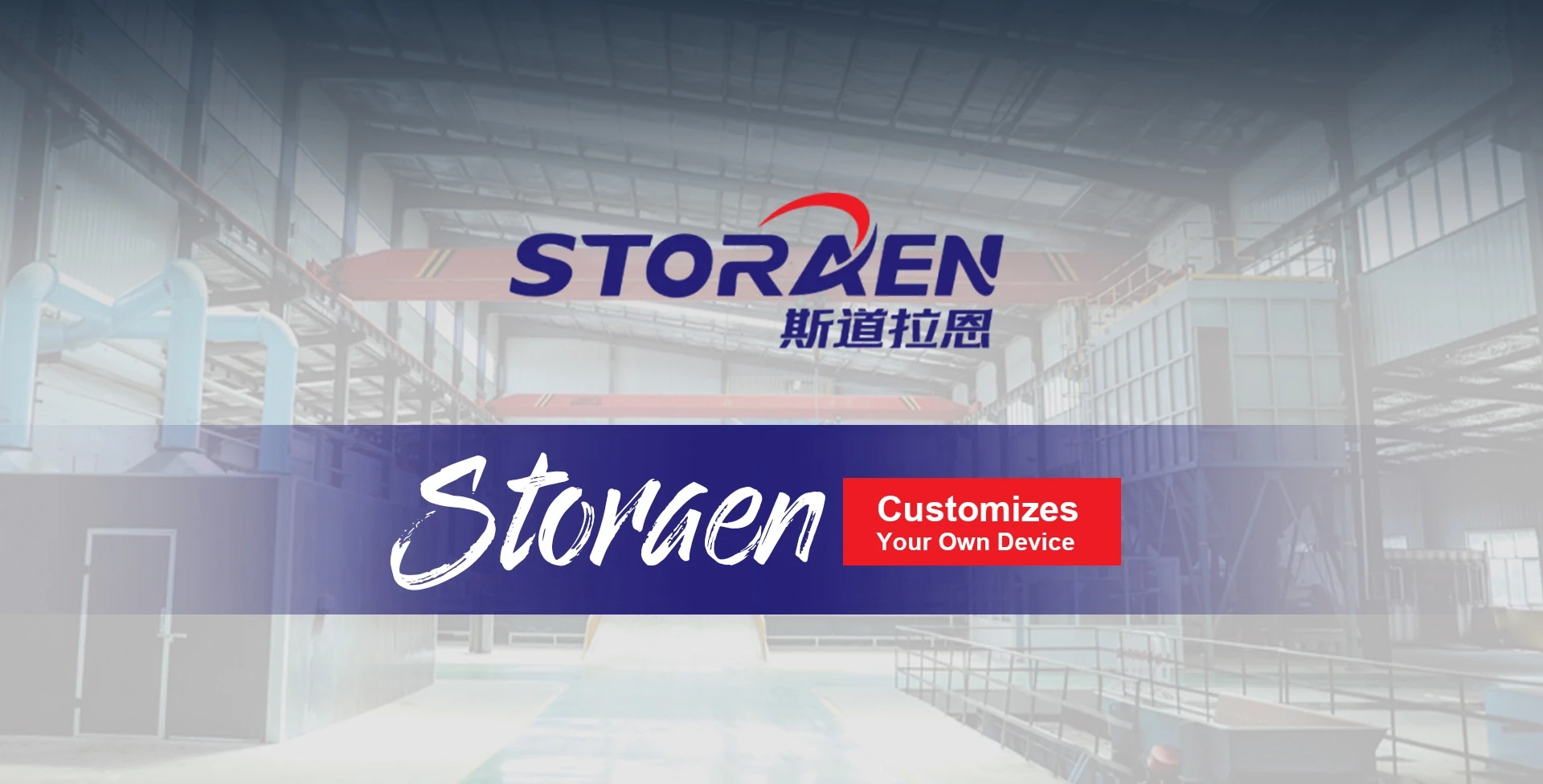Dec . 26, 2024 22:55 Back to list
thread gauges
Understanding Thread Gauges Essential Tools for Precision Engineering
In the world of precision engineering, ensuring that threaded components fit together correctly is crucial for the integrity and functionality of various machines and structures. Thread gauges are essential tools used to measure and inspect the dimensions and quality of threads in these components. This article aims to provide a comprehensive overview of thread gauges, their types, uses, and importance in engineering and manufacturing processes.
What Are Thread Gauges?
Thread gauges are specialized instruments designed to measure the pitch, diameter, and profile of screw threads. They help engineers and machinists confirm that the threads of a component meet specified tolerances and standards. Accurate measurement is vital as improperly machined threads can lead to assembly failures, leaks, or even catastrophic failures in critical applications.
Types of Thread Gauges
Thread gauges come in several types, each serving a unique purpose in thread inspection
1. Go/No-Go Gauges These are perhaps the most common type of thread gauge. They consist of two gauges – a Go gauge that represents the minimum acceptable limit, and a No-Go gauge that represents the maximum acceptable limit. When inspecting a threaded component, the Go gauge should fit easily, while the No-Go gauge should not fit at all. This binary check ensures that the threads are within acceptable tolerances.
2. Thread Pitch Gauges These gauges are used to determine the pitch of a thread, which is the distance between threads. They often come in the form of a small tool with various blades, each marked with a specific pitch. By matching the thread with one of the blades, an operator can quickly ascertain the pitch of the thread under investigation.
3. Thread Calipers These are used for more precise measurements. Thread calipers measure the major and minor diameters of the threaded component and can provide detailed information on the thread profile. They are indispensable for more complex inspection processes where exact measurements are critical.
4. Custom Gauges For specific applications or unique threading requirements, custom gauges can be created. These might combine features of the standard gauges or be tailored to specific dimensions or tolerances.
thread gauges

Importance of Thread Gauges
The use of thread gauges in manufacturing and engineering cannot be overstated. Here are some of the critical reasons these tools are indispensable
1. Quality Assurance Regular use of thread gauges during production ensures that threaded components consistently meet quality standards. This reduces the likelihood of defects that could result in product failure.
2. Cost Efficiency By ensuring that threads are manufactured to specification from the beginning, companies can save on costs associated with rework, returns, and scrapped materials.
3. Safety Many applications, particularly in the aerospace, automotive, and construction industries, rely on the integrity of threaded components. Ensuring proper threading can prevent accidents and failures that might have severe consequences.
4. Compliance with Standards Different industries have established standards for thread dimensions and tolerances. Thread gauges help manufacturers ensure compliance with these standards, which is often necessary for certification and regulatory purposes.
5. Versatility Thread gauges are used in various industries, including manufacturing, aerospace, automotive, and construction. Their versatility makes them essential for anyone working with threaded components.
Conclusion
Thread gauges are critical tools in precision engineering, ensuring that threaded components fit and function as intended. With various types available, each serving a specific purpose, manufacturers can maintain high-quality standards, improve safety, and reduce costs. In a landscape where precision is paramount, the proper use of thread gauges is not just beneficial; it is necessary for achieving excellence in engineering and manufacturing practices. As technology evolves, the importance of these tools remains steadfast, underscoring their role in creating reliable and safe products.
-
Why Metric Trapezoidal Thread is Ideal for Precision Motion ControlNewsAug.05,2025
-
The Unique Properties of a Block of Granite for Industrial UseNewsAug.05,2025
-
The Role of Flanged Y Strainers in Preventing Pipeline ClogsNewsAug.05,2025
-
The Importance of Regular Calibration for Master Ring GagesNewsAug.05,2025
-
How a Cast Iron Surface Table Enhances Accuracy in ManufacturingNewsAug.05,2025
-
Comparing Different Check Valve Types for Optimal Flow ControlNewsAug.05,2025
Related PRODUCTS









